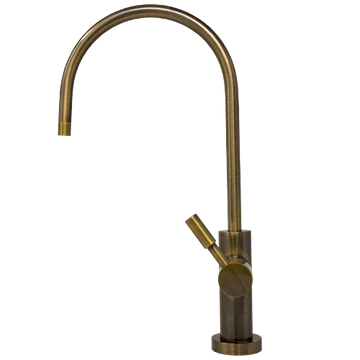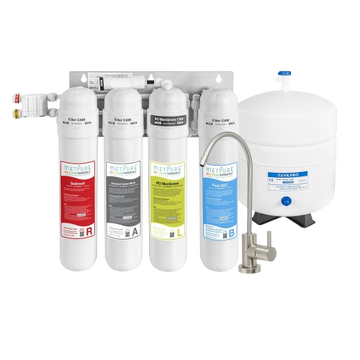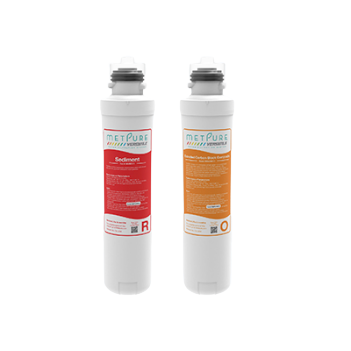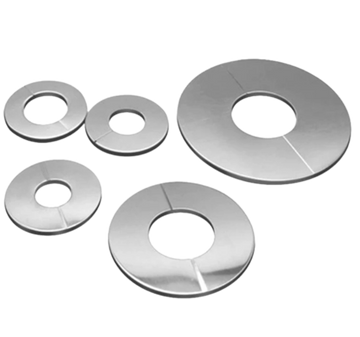In today’s world, where environmental sustainability is no longer a choice but a necessity, eco-friendly water filtration systems have emerged as a game-changer. These systems provide clean, safe drinking water and significantly reduce the environmental footprint associated with traditional water purification methods. Let’s dive into eco-friendly water filtration's ecological impact and benefits and why it’s a smart choice for your health and the planet.
What is Eco-Friendly Water Filtration?
Eco-friendly water filtration refers to water purification systems designed to minimize environmental harm. Unlike conventional methods that rely on single-use plastic bottles or energy-intensive processes, these systems use sustainable materials, reduce waste, and often operate without electricity. Examples include activated carbon filters, ceramic filters, and reverse osmosis systems optimised for energy efficiency.
Environmental Impact of Traditional Water Filtration Methods
Before exploring the benefits of eco-friendly water filtration, it’s essential to understand the drawbacks of traditional methods:
Plastic Waste: Bottled water contributes millions of tons of plastic waste annually, which ends up in landfills or oceans.
Energy Consumption: Many conventional filtration systems, such as reverse osmosis, require significant energy, increasing carbon emissions.
Chemical Use: Some methods rely on harsh chemicals that can harm aquatic ecosystems when disposed of improperly.
These issues highlight the urgent need for sustainable alternatives.
Benefits of Eco-Friendly Water Filtration
1. Reduces Plastic Waste
Eco-friendly water filtration systems eliminate the need for single-use plastic bottles. Investing in a reusable filtration system can significantly reduce your plastic footprint and contribute to cleaner oceans and landfills.
2. Lowers Carbon Footprint
Many eco-friendly filters operate without electricity, relying on gravity or manual processes. Even advanced systems are designed to be energy-efficient, reducing greenhouse gas emissions compared to traditional methods.
3. Sustainable Materials
Eco-friendly filters are often made from biodegradable or recyclable materials, such as coconut shell carbon or natural ceramics. This ensures that the products have a minimal environmental impact throughout their lifecycle.
4. Cost-Effective in the Long Run
While the initial investment in an eco-friendly water filtration system may be higher, it saves money over time by eliminating the recurring cost of bottled water or replacement cartridges.
5. Chemical-Free Purification
Eco-friendly systems often use natural filtration methods, such as activated carbon or UV purification, to remove contaminants without relying on harmful chemicals. This ensures safer drinking water and protects aquatic life from chemical runoff.
6. Supports Water Conservation
Many eco-friendly systems are designed to minimise water waste. For example, some advanced filters recycle water during purification, making them ideal for regions facing water scarcity.
Troubleshoot common issue's of water filtration system
Environmental Impact of Eco-Friendly Water Filtration
By adopting eco-friendly water filtration, you can make a positive impact on the environment in several ways:
Reduced Landfill Waste: Fewer plastic bottles and filter cartridges mean less landfill waste.
Lower Energy Consumption: Energy-efficient systems decrease reliance on fossil fuels.
Healthier Ecosystems: Chemical-free filtration prevents harmful substances from entering waterways.
Sustainable Resource Use: Eco-friendly systems often utilise renewable materials, promoting a circular economy.
Why Choose Eco-Friendly Water Filtration?
Switching to an eco-friendly water filtration system is a simple yet powerful way to protect the environment while ensuring access to clean water. Whether you’re a homeowner, business owner, or eco-conscious individual, these systems offer a sustainable solution that aligns with global efforts to combat climate change and pollution.
Conclusion
Eco-friendly water filtration is more than just a trend—it’s a responsible choice for a healthier planet. By reducing plastic waste, lowering energy consumption, and using sustainable materials, these systems provide a win-win solution for consumers and the environment. Make the switch today and step toward a greener, cleaner future.














